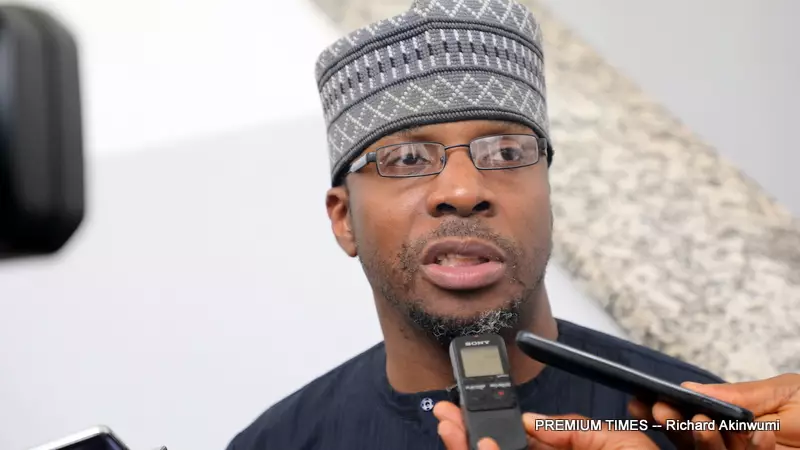
Renowned economist Dr. Muda Yusuf has called on the Federal Government to ensure that funds saved from the removal of petrol subsidy are strategically channeled into critical infrastructure projects across Nigeria.
The Director of the Centre for the Promotion of Private Enterprise emphasized that such investments would significantly boost economic growth and improve the living standards of Nigerians.
Infrastructure Deficit: Nigeria's Major Challenge
Dr. Yusuf identified the country's massive infrastructure deficit as one of the biggest constraints to economic development. He stressed that directing subsidy savings toward infrastructure would create a more sustainable economic foundation.
"The government needs to ensure that the funds from the subsidy removal are properly applied to critical infrastructure," the economist stated during an interview in Lagos.
Priority Areas for Investment
The economic expert outlined key sectors that require immediate attention:
- Road transportation networks
- Power sector and electricity generation
- Social infrastructure including education and healthcare
- Water supply systems
- Railway infrastructure development
Dr. Yusuf noted that improved infrastructure would enhance productivity, reduce production costs, and make Nigerian businesses more competitive in the global market.
Transparency and Accountability Crucial
The economist emphasized the importance of transparency in the management of subsidy removal funds. He urged the government to maintain clear communication with citizens about how the savings are being utilized.
"Nigerians need to see tangible results from the sacrifice they are making due to the subsidy removal," Dr. Yusuf remarked, highlighting the need for visible infrastructure projects that directly impact citizens' quality of life.
This strategic redirection of funds, according to the economic expert, represents a crucial opportunity to transform Nigeria's economic landscape and create lasting benefits for future generations.





